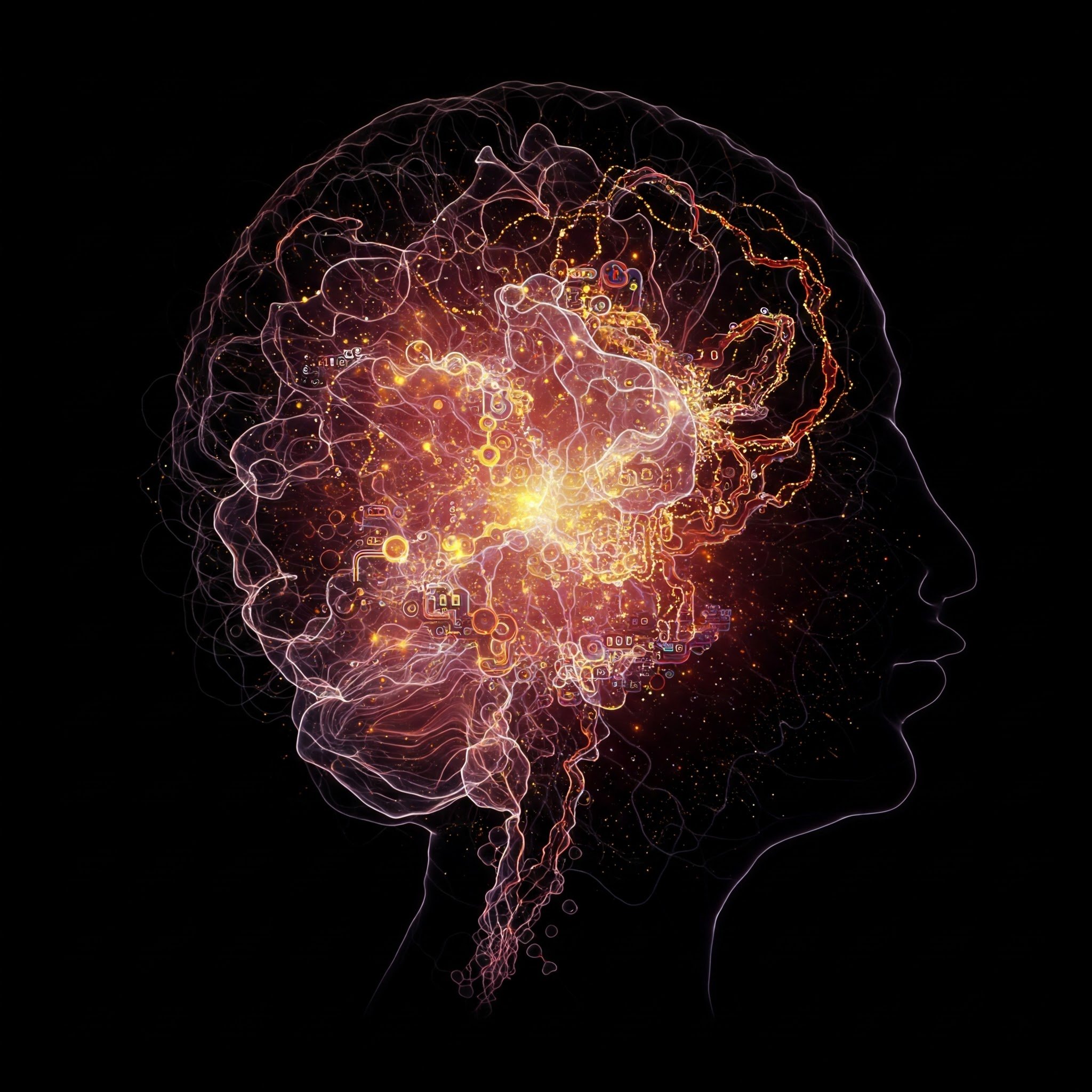Individuals with exceptional intellectual abilities often capture our imagination, becoming the subject of numerous assumptions. Over the past couple of decades, "high intellectual potential" (HIP) has become a popular topic, sometimes accompanied by a concerning notion: that possessing high intelligence is more of a burden than a benefit. We might encounter claims suggesting that individuals with HIP are more susceptible to conditions like depression or anxiety, that so-called "gifted" children often struggle academically, or that highly intelligent adults find it difficult to navigate the professional world. But how much validity do these assertions hold? According to Professor Nadia Chabane, a psychiatrist at the University Hospital of Vaud (CHUV) in Lausanne, Switzerland, the answer is very little. She expertly dismantles these misconceptions, offering insights grounded in scientific evidence.
"HIP" as a medical diagnosis: A misconception
It's not uncommon to hear, "My child has been diagnosed with HIP." However, this phrasing incorrectly implies a medical condition. Professor Chabane emphasizes the importance of moving away from the term "diagnosis" when discussing HPI. "In reality, it's simply a measure," she clarifies, underscoring the need to "de-pathologize" high intellectual potential. She further explains that "HPI solely refers to the intelligence quotient (IQ) level, determined through a standardized test – the only reliable criterion." While the average IQ within the general population ranges from 75 to 115, an IQ of 130 or higher is classified as HPI or "giftedness."
The link between HPI and increased anxiety or depression: Unfounded
Dr. Chabane is unequivocal: there is no inherent link between having a high IQ and developing mental health disorders. "This misconception arises from a sampling bias. Professionals who have proposed this idea have often worked with children and adults seeking help for issues like anxiety, behavioral problems, or depression. However, the origin of their difficulties is not attributable to their IQ; this is a misinterpretation." In fact, the psychiatrist points out that scientific literature suggests the opposite: giftedness is often associated with better physical and mental well-being, as well as increased longevity. "Having a high IQ isn't a pathology; it's more accurately viewed as a significant advantage," the expert concludes.
Academic struggles inevitable for gifted children without special support: A false narrative
Professor Chabane again challenges a common belief: the vast majority of so-called "gifted" children actually demonstrate better academic performance than their peers. This success frequently extends into adulthood, manifesting as high professional achievement and socioeconomic status. So, why does this notion of academic vulnerability in gifted youth persist? "Publications focusing on the academic challenges faced by gifted children have unfortunately created a substantial commercial market, including the establishment of specialized private schools," the psychiatrist explains.
Identifying giftedness through a simple test: A nuance
While it's true that an IQ test remains the only objective tool for assessing giftedness, its validity hinges on rigorous administration. The test must be conducted under the supervision of a qualified specialist (psychologist, neuropsychologist) following strict standardized procedures. "If certain conditions aren't met, the results can be inaccurate. For instance, adjustments might be necessary for a child with a behavioral disorder, while still adhering to the test's requirements," Professor Chabane clarifies. Such errors in administration and interpretation could contribute to the biased perceptions surrounding gifted individuals. Fortunately, human intelligence is multifaceted. As the psychiatrist aptly concludes, "We are far more complex than a single IQ score."
Intelligence and talent: Nurtured, not just innate
The above clarifications are of the utmost importance. For ChildUp Early Education, this is a great opportuniy to emphasize that intelligence and talent are not solely inborn traits. Any healthy child who benefits from effective educational approaches has the potential to develop high intellectual potential, talent, or giftedness.

Picture: Abstract representation of neural networks, symbolizing the interconnectedness of high intellectual potential (Gemini)

